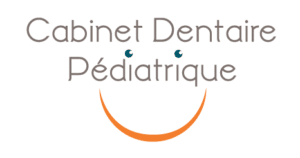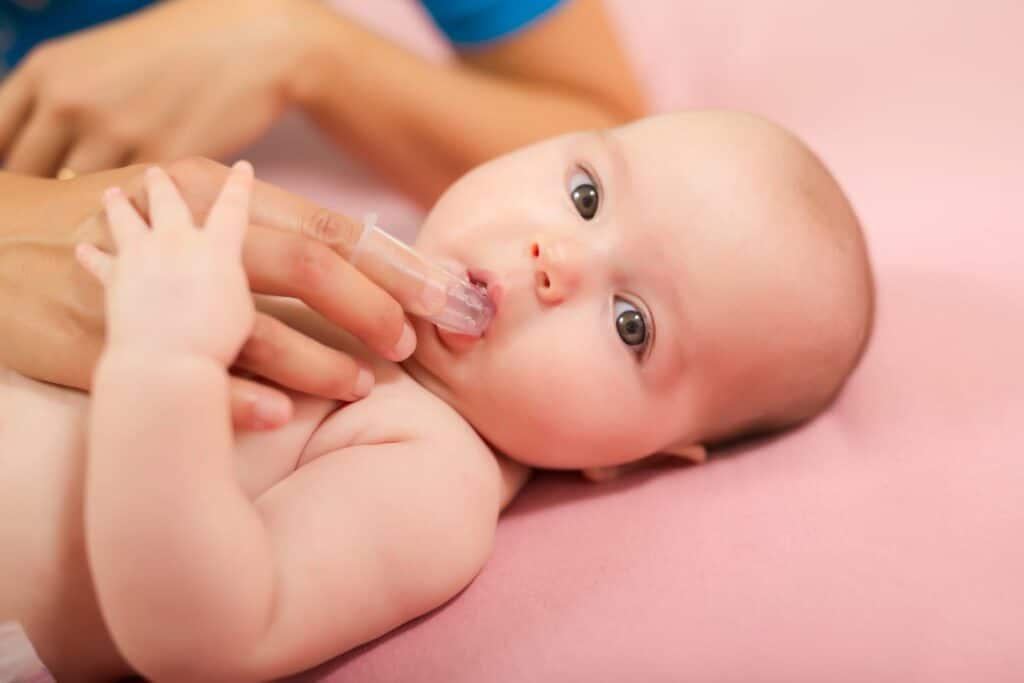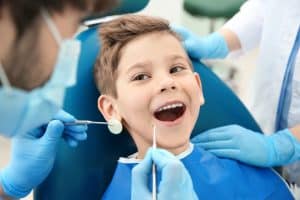Baby bottle tooth decay, or early childhood caries, affects your baby's or young child's milk teeth at an early age. Not to be taken lightly, bottle tooth decay can have a significant impact on your child's teeth and is characterized by the appearance of severe cavities around the age of 4.
Find out what causes baby bottle tooth decay and how to treat and prevent it.
What is baby bottle tooth decay?
Early childhood caries, also known as baby bottle tooth decay, is an infectious and contagious disease that spreads rapidly in the mouth of children under 5 years of age.
This pathology manifests itself by multiple cavities on the milk teeth.
There are many causes of early childhood caries
Early childhood tooth decay is also called baby bottle tooth decay, or bottle syndrome, because it can be caused by children falling asleep with sugary drinks in their mouths. There are several causes of baby bottle tooth decay.
- Prolonged contact with the baby bottle: the main cause of early childhood caries
When your child is breastfed at night, the carbohydrate-rich milk stays in contact with the surface of the teeth for a long time. These sugars are then transformed into acids that attack the teeth.
Moreover, the milk teeth being fragile and their enamel not very mineralized, they are very sensitive to these attacks and become very quickly decayed.
The determining factor is above all the frequency with which the teeth are in contact with these sweet liquids. Indeed, saliva has an anti-cavity role. But when the child sleeps, this saliva production is limited. Breastfeeding at night is therefore very cariogenic.
- Another cause of baby bottle tooth decay: Streptococcus mutans bacteria
Early childhood tooth decay can also be caused by the bacteria Streptococcus mutans. Initially, this bacterium is not present in the mouth of children. It is transmitted to them by adults, especially if they have untreated cavities. The mother can for example transmit this bacteria to her child by putting the baby's spoon in her own mouth before giving it back to her.
What are the consequences of baby bottle tooth decay?
Early childhood decay is very aggressive and tends to spread to other teeth. The child can very quickly find himself in a situation where all his teeth are decayed, which can lead to :
- More serious caries leading to abscesses,
- Pain and headaches,
- A lack of appetite,
- Hypersensitivity to temperature changes and sugar.
Although they affect baby teeth, it is important to treat baby bottle tooth decay because it can affect the development of permanent teeth. Indeed, these temporary milk teeth are the support of the teeth that your child will have as an adult.
How to recognize early childhood caries?
Early baby bottle tooth decay can only be detected by a dentist. It is therefore advisable to take your child to a pedodontist as soon as his or her first tooth comes out.
Also, check your child's teeth regularly by lifting his or her upper lip, and arrange for a consultation at the first sign of trouble.
In addition to carefully examining your child's mouth, the dentist will ask you about your child's eating habits to identify risk factors for bottle syndrome.
What are the different stages of early childhood caries?
- In the first stage, the teeth look like white chalk,
- Then yellow stains appear on the teeth,
- In the third stage: the teeth become brown or black, they lose part or all of the crown of the tooth (white part), leaving only the dentin (yellow part) visible on the gum line.
Baby bottle tooth decay: what treatment?
Depending on the severity of the bottle syndrome, and the time at which it is diagnosed, the treatments will differ.
Care performed by the dentist
This care must be taken as soon as possible to prevent cavities from getting worse. That's why it's important to monitor your child's teeth and see a pedodontist regularly.
- In case of light lesions (stage 1), a thorough cleaning followed by an application of fluoride varnish is sufficient to stop the progression;
- In the most serious cases, it is unavoidable to proceed with the extraction of the decayed teeth.
Care in the home
At an early stage, fluoride treatment can be prescribed to stop the evolution of bottle syndrome.
But this treatment must be accompanied by good oral hygiene habits, and depending on the situation, your baby's eating habits must be modified.
How to avoid and prevent baby bottle tooth decay?
These early childhood cavities can have disastrous consequences on your child's teeth, yet they can be prevented very easily. Learn how to Baby bottle tooth decay can be prevented with three simple solutions.
Take the right steps and get your child used to good oral and dietary hygiene from an early age.
- Breastfeeding is great for your baby, but it's important to clean your baby's gums with a damp cloth after each feeding. Find out if cavities are more common in breastfed babiesand if it can create a bottle syndrome.
- Never let your child fall asleep with a bottle of milk, sweet tea or juice in his mouth. If your baby needs his bottle to fall asleep, simply fill his bottle with water.
- The longer and more frequently the teeth come into contact with a sweet liquid (milk, fruit juice, syrup), the greater the risk of cavities. It is therefore important to avoid giving the bottle too frequently and for too long.
- Be rigorous and resist the temptation to breastfeed "softly" when your child cries or needs to wait.
- Begin to reduce bottle use at 12 months, alternating with a sippy cup and slowly moving toward a sippy cup.
- Do not put the baby's or toddler's spoon in your mouth. Use another spoon to check the temperature of the meal or to taste it. This will prevent the growth of bacteria.
- See the dentist as soon as your child's first tooth appears and then every six months. Just because your child doesn't have tooth pain doesn't mean there is no cavity. By the time it hurts, it's too late!
- Get your child used to brushing regularly from the age of two with an age-appropriate toothbrush and with your help. Don't forget that you must accompany your child when brushing his teeth until he is at least 8 years old!
Frequently asked questions about baby bottle tooth decay
Baby bottle syndrome can be avoided with good oral hygiene habits and a healthy diet. We reveal all the tips to keep your child free of baby bottle tooth decay.
Although baby bottle tooth decay affects your child's baby teeth, it needs to be treated. Indeed, the good health of your baby's milk teeth is crucial for the good development of his permanent teeth. We explain everything to you.


